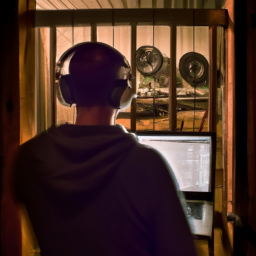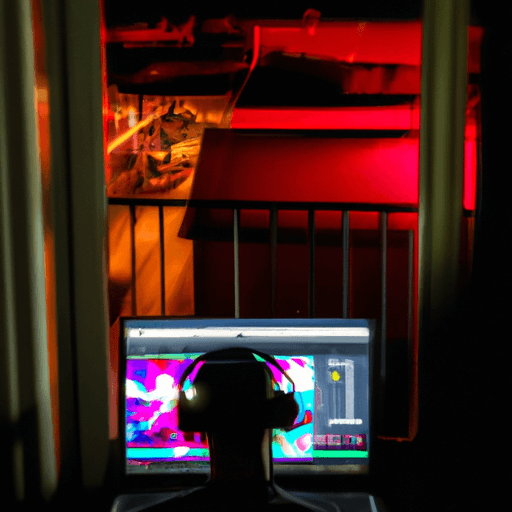565
Newsletter
Subscribe to our newsletter for exclusive content, latest news and trends, and exciting new features.
Categories
Gaming and esportsLifestyleTechnologyBusiness and entrepreneurshipLiterature and writingScience and natureMusic and EntertainmentHealth and wellnessBeauty and personal careHome and gardenSports and fitnessArts and cultureEnvironment and sustainabilityEducation and learningFood and cookingEntertainmentTravel and tourism
Pets and animals


















Comments
Leave a Comment